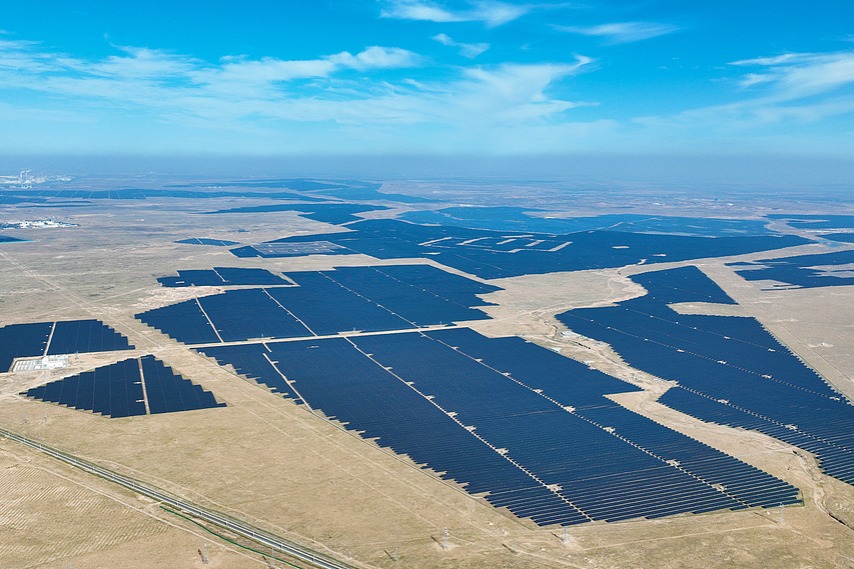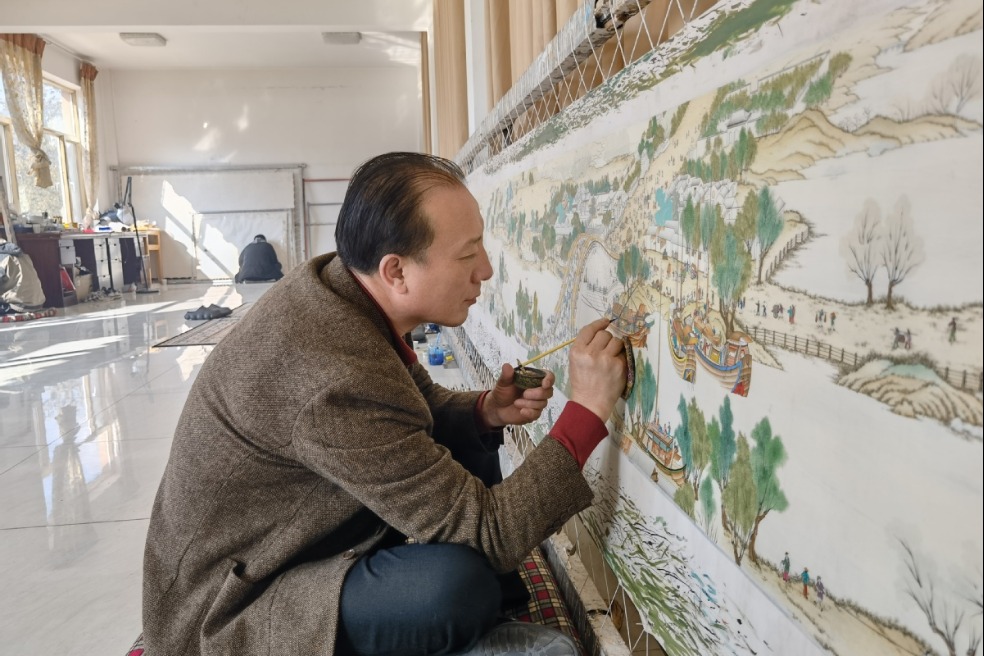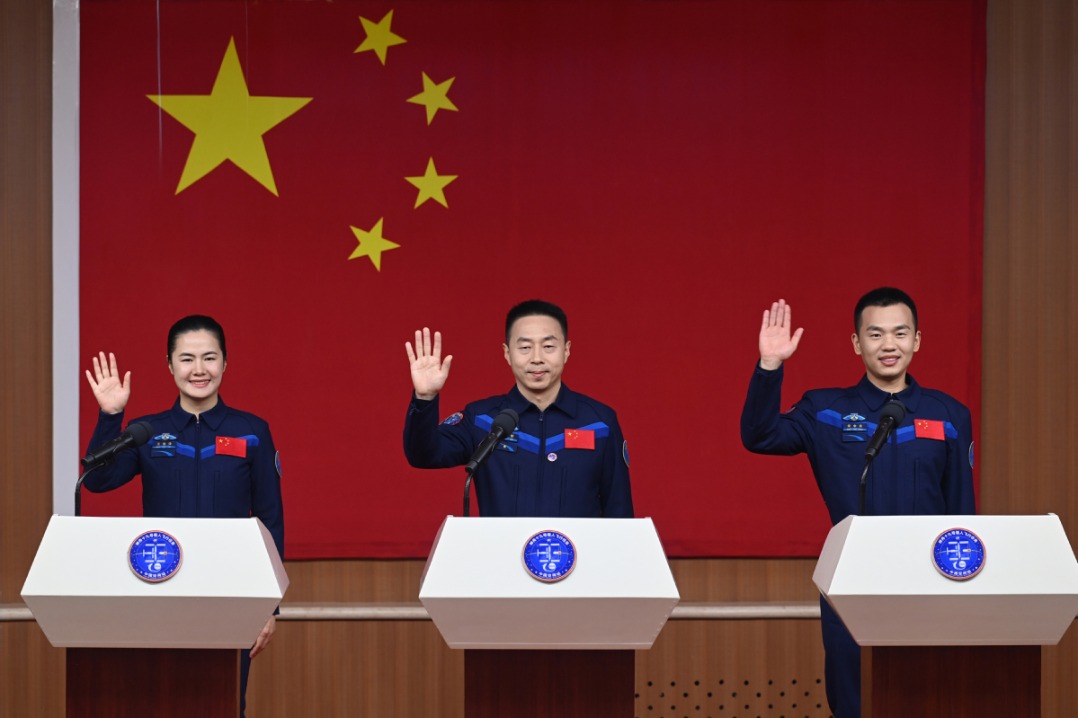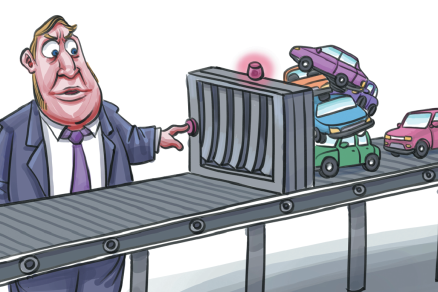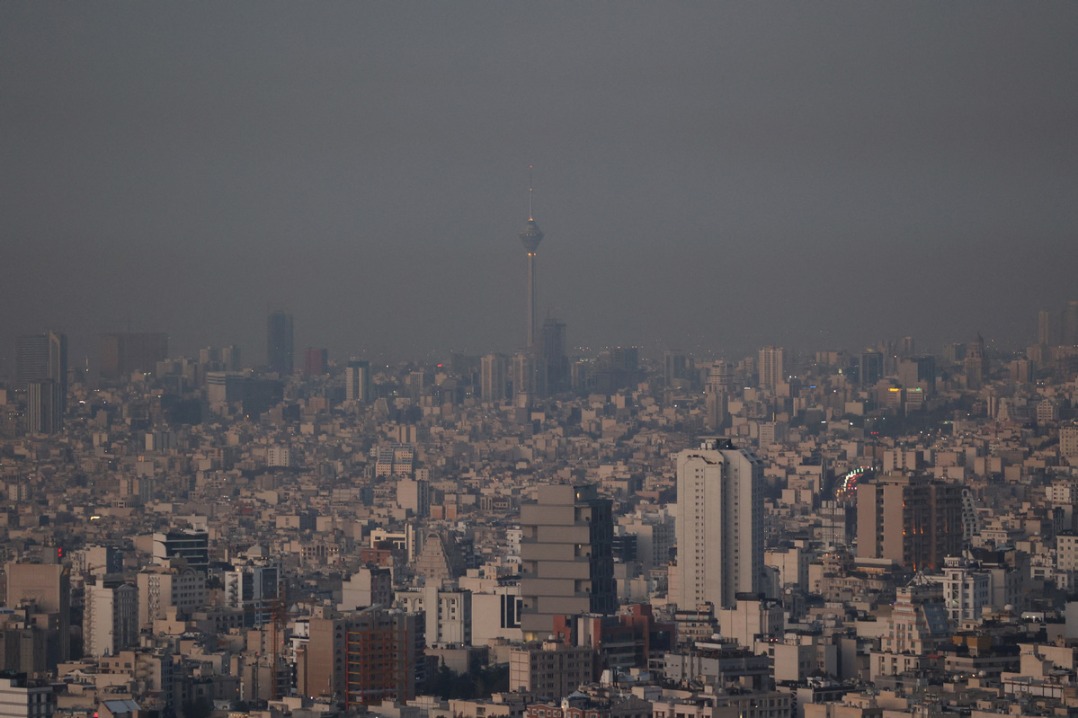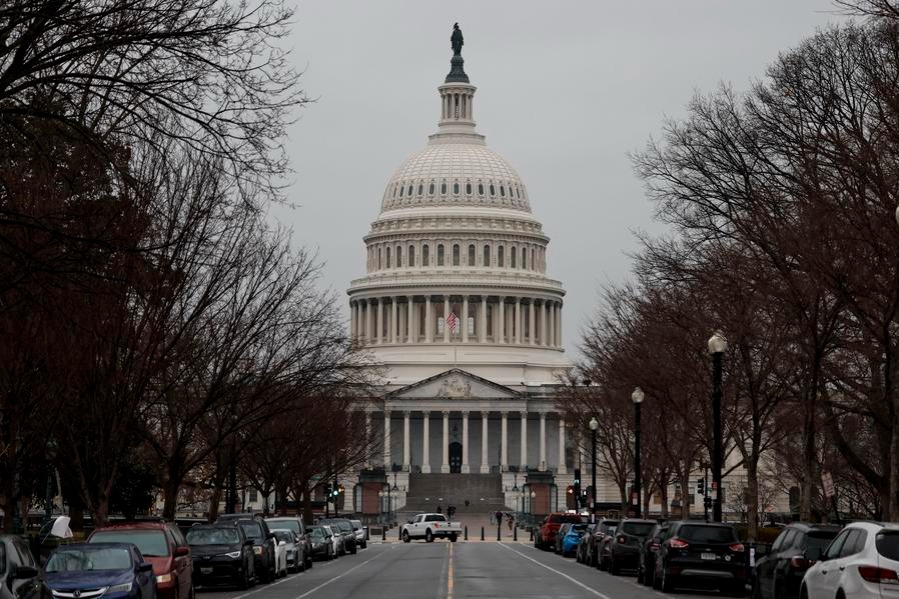United Europe, interrupted


A continent closed to Russia, suspicious of the US and negative toward China because of a Manichaean attitude risks becoming an isolated zone on a path toward self-destruction
The economic and trade relations between Europe and China and the identification of synergies and competitions between them should be examined in a broader geopolitical context. Additionally, the relations between Europe and China and the way Europe "reads" China are not autonomous factors but are significantly influenced by how Western Europe currently handles Russia and the United States.
Today, Europe is experiencing an extremely challenging period. The prolonged crisis in Ukraine has created a persistent sense of threat from Russia among Europeans. More importantly, it has caused an unprecedented rift with Russia, one not seen even during the Cold War. There was always a dominant feeling of unity among European nations, of a "united Europe", despite differences in political systems, geopolitical rivalries and wars. Today, this is not the case. A sense of deep alienation has developed between Russia and Western Europe (which includes the old Central Europe and most Balkan states). Furthermore, the process of European integration has made European peoples equate the concept of Europe with the European Union. Consequently, there has emerged a notion of a "small Europe", perceived as being under threat from an alien and hostile Russia. Simultaneously, the EU has not achieved a unified identity, nor does it seem close to doing so. Instead, hostilities and suspicions have been amplified internally, especially following the way Germany, the dominant economic power in the EU, dealt with Greece during the economic crisis there a few years ago. The manner was perceived by Greeks (and not only) as the way a hostile power treats a conquered country. Thus, the "united" Europe is cohesive enough to monopolize the term "Europe" and imaginatively exclude Russia, but it is also a suspicious Europe with a shallow, superficial and artificial "unity". It is a small, truncated and unfinished Europe.
Simultaneously, Europe's relations with Washington are also in an odd state. On the one hand, the crisis in Ukraine has reinforced the sense of dependency on US military power, yet on the other hand, concerns have grown that Washington is using Europe to advance its own geopolitical agenda and to reassert its hegemony over Europe, stripping it of the already limited independence it enjoyed until now.
Moreover, the crisis in Ukraine and the prolonged instability in the Middle East have caused serious problems for the European economy, mainly due to issues with Europe's energy supply. This also raises another issue. The Europeans' obsession with the so-called Green Development and their aversion to nuclear energy have created an unprecedented gap in Europe's energy infrastructure. Coal has been demonized, nuclear fission energy has been demonized, nuclear fusion is still far from realization, the flow of hydrocarbons from Russia and the Middle East has been cut off or is extremely fragile, and there is an almost metaphysical faith in renewable energy sources, which, of course, cannot meet Europe's energy needs.
As a result of all the above, Europe's sense of identity and cohesion is in crisis, and the EU is trapped in a sense of siege from multiple directions, with its economy facing serious problems.
This "besieged" Europe also faces the "challenge" of China. China's economic and technological rise has, inevitably, turned it into both an economic and industrial competitor and a partner of Europe. International relations have always been a mixture of competitions and synergies among actors, something the old multipolar Europe, which emerged after the Treaty of Westphalia in 1648, knew very well. Relations among European states were always a mixture of synergies and competitions that continuously changed. However, today's "united" Europe seems to have forgotten this. Additionally, an element of European culture, which serves as one of the hidden foundations on which Europe's geopolitical behavior is built, is Manichaeism. Western culture is Christian-born, and a fundamental element of Western Christianity is a Manichaean reading of the world. Thus, relations with other countries are viewed as zero-sum relationships, of full rivalry or alliance, with a tendency to demonize the opponent.
Therefore, contemporary Europe struggles to perceive its relations with China within a realistic and rational framework. A partially and tenuously "united" Europe, which is simultaneously a "small" Europe cut off from Russia and suspicious of Washington and suspicious internally, is naturally and consequently suspicious of China as well. This suspicion is intensified by Europe's tendency to perceive international relations within a Manichaean framework of absolute competition or alignment.
As long as the conflict continues in Ukraine and the Middle East, this paranoid insecurity and suspicion in Europe will persist and grow. Establishing even a fragile and unstable peace in these regions is crucial.
However, what is more important is the creation of a "perception of cooperation" between China and Europe. The beginning of this effort can be made by realizing that Europe cannot afford to be trapped in a competitive relationship with China. A Europe closed to Russia, suspicious of the US, suspicious internally, and negative toward China risks becoming an isolated zone on a path toward self-destruction.
And cooperative structures with China can mainly emerge through collaborations at the national level with political forces that understand the deadlock of the crisis in Ukraine and the need to adopt independent national policies for foreign policy and economic development.
The author is a professor of geopolitics and the director of the War Theory and Analysis Sector at the Hellenic Military Academy in Greece. The author contributed this article to China Watch, a think tank powered by China Daily.
The views do not necessarily reflect those of China Daily.
Contact the editor at [email protected].


















